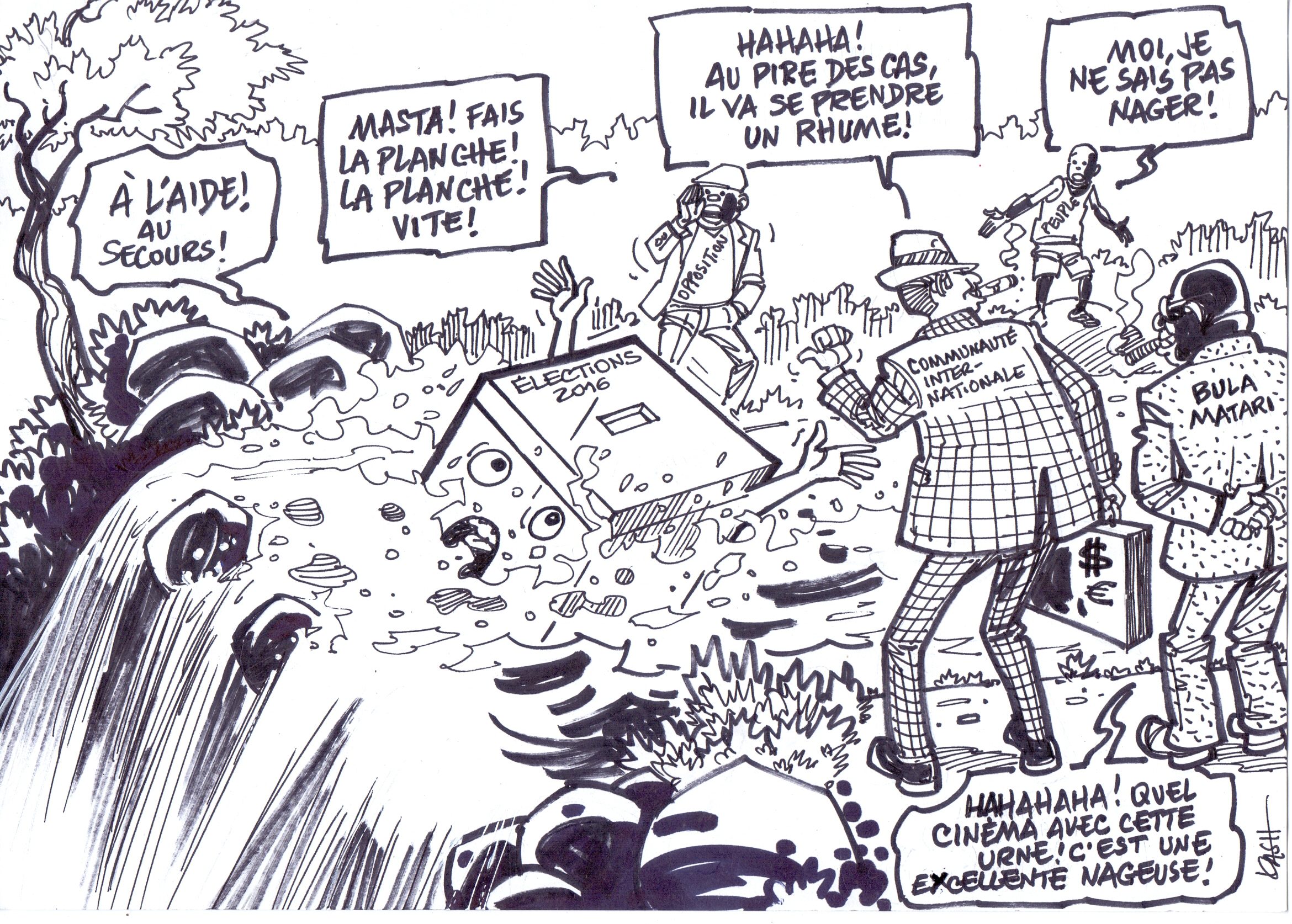A little more than four months before the end of President Joseph Kabila’s term, the Democratic Republic of the Congo is on the edge of a deep political crisis. Given the many artificial delays created by the government, it will be almost impossible for elections to be held by December 2016, prompting a constitutional and legal crisis. At the moment, both the opposition and government are playing for time––an exceedingly dangerous tactic given the potential consequences.
In a new report released today, we discuss the backdrop to the current impasse, examining the institutions and actors involved.
Here are the main points:
- Despite declaration to the contrary by local and foreign observers, it is impossible to hold good and fair elections by the end of 2016. Most election experts agree that revising the deeply flawed electoral register will take at least 8 months, pushing the election calendar into 2017;
- This will create a political and constitutional crisis, could erode the democratic institutions set up by the peace process, and could potentially destabilize the country. The only way out of this crisis is through negotiations between the opposition and ruling coalition, with a clear agenda and a strong facilitation;
- While the electoral crisis is of the government’s making––they have dragged their feet and manipulated the process in their favor––some members of the opposition now think it could be in their interest to run out the clock on Kabila’s term, prompting a political crisis;
- Most western donors have insisted on respecting the constitution and holding timely elections, but in practice only the United States and the World Bank have taken concrete action, by imposing sanctions and withholding funds. Other western donors and regional players like South Africa––which, despite its role as an architect of the 2002 peace deal, has been conspicuously silent––are adopting a more risk-averse approach;
- Brokering a new election calendar is, however, only the first step. An analysis of the institutions responsible for holding the elections shows a disturbing political bias in the election commission, the courts, and the media.
You can read the executive summary and recommendations of the report in English here, and the whole report in French here.

